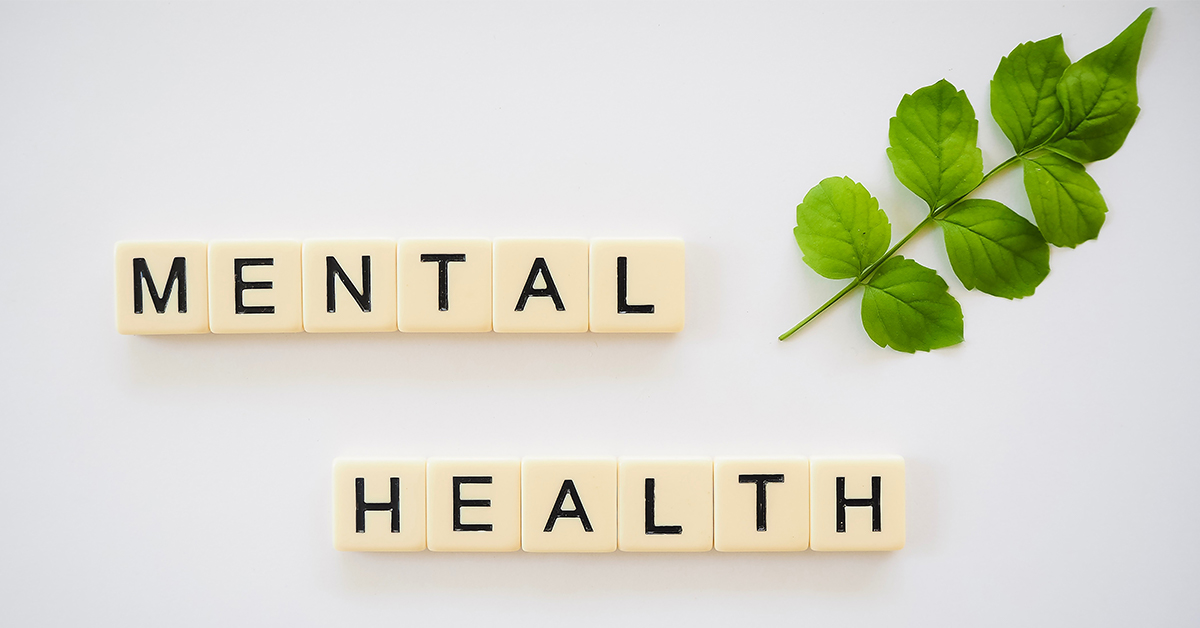
More and more of our teenagers are suffering from mental health conditions. In our district, in the last couple of years, we have seen an alarming increase in teen suicide – in particular, high school students in their senior years.
It is concerning and needs action. Australia has been great at promoting awareness campaigns and services – and yet our statistics around depression and suicide remain largely the same. This may be because mental illness still carries a social stigma that continues to prevent our most vulnerable from accessing the help they need. It may also be because we are only addressing the problem once it occurs and someone has self-identified as being in need of help – we are reactive not preventative.
It isn’t just our mental health services that are feeling the increase in demand either, we can see the impact through the increase in mental health presentations to our Emergency Departments (ED). It is changing the landscape of the ED as a result.
While there is no concrete evidence of what is causing this rise in mental health challenges, it can be suggested that social media’s popularity, combined with the rise in youth unemployment and the increase in awareness of mental health symptoms, are strong contributors.
As young people are now exposed to more content online, they are now experiencing peer pressure 24/7, with no space or escape to switch off. Adolescence is an important transitional period in a person’s life, characterised by significant neurobiological and psychosocial changes, this age group is now susceptible to more stress from greater exposure to negative influences than ever before.
Global health statistics reflect how these external influences continue to make a negative impact. According to the World Health Organisation*:
- Mental health conditions account for 16% of the global burden of disease and injury in people aged 10-19.
- Globally, depression is one of the leading causes of illness and disability among adolescents.
- Suicide is the third leading cause of death in people aged 15-19.
But what is the solution and what action is being taken to curb this dangerous upward trend? Professor Gin Malhi is a senior psychiatrist within the Northern Sydney Local Health District (NSLHD) and the Executive and Clinical Director of the CADE Clinic based at Royal North Shore Hospital^. Professor Malhi has conducted extensive research to understand better the neural mechanisms underlying emotional disorders, primarily in healthy adolescent girls.
From his clinical experience and through neuroimaging, Professor Malhi has identified the need for early detection and intervention to curb the development of disorders and most importantly, the critical processes leading to suicide.
“When considering taking their own life, young people are looking at themselves, their self-worth, their relationships with others, the environment around them and what is happening in their life at the moment to predict their life in the future. We are trying to dissect those processes; we have the tools (advance neuroimaging tools) to do that” explains Professor Malhi.
Professor Malhi has determined that by scanning an image of the brain at different stages of a young person’s life, significant changes can be detected in the hippocampus. This is the part of the brain connected to memory and sense of self. Such developments to the brain also highlight a person’s susceptibility to developing mood and other mental health disorders that often lead to suicidal thinking. With this early visible detection, before symptoms become apparent, interventions can be taken to prevent the development of serious feelings of anxiety, depression and suicidal thinking.
To listen to Professor Malhi’s research in-depth, click here to his interview featured on our podcast channel
For these reasons, there is a growing need to invest in specialised nurse practitioners to partner with schools and act as gatekeepers to support young people showing signs of mental health disorders before it becomes life-threatening. With a united and coordinated approach between health and education services, this will enable youth-focused early-intervention support and, most importantly, access to the right information that is readily available – minimising the waiting time to engage professional help. On-demand support will improve their health, preventing long-term harm to their education and employment before reaching adulthood. To get these important initiatives and support programs off the ground, we need strategic philanthropic funding and investment from the community.
If you’re interested in making a kind donation to support Professor Malhi’s research or the implementation of a specialised nurse practitioner in our local schools please click here.
If you or anyone you know needs support, call Kids Helpline 1800 55 1800, Lifeline 131 114, or Beyond Blue 1300 224 636.
In an Emergency, call 000.
The NORTH Foundation is the official fundraising partner for the Northern Sydney Local Health District including Royal North Shore, Ryde and Hornsby Ku-ring-gai Hospitals as well as the Kolling Institute.
References:
*WHO

